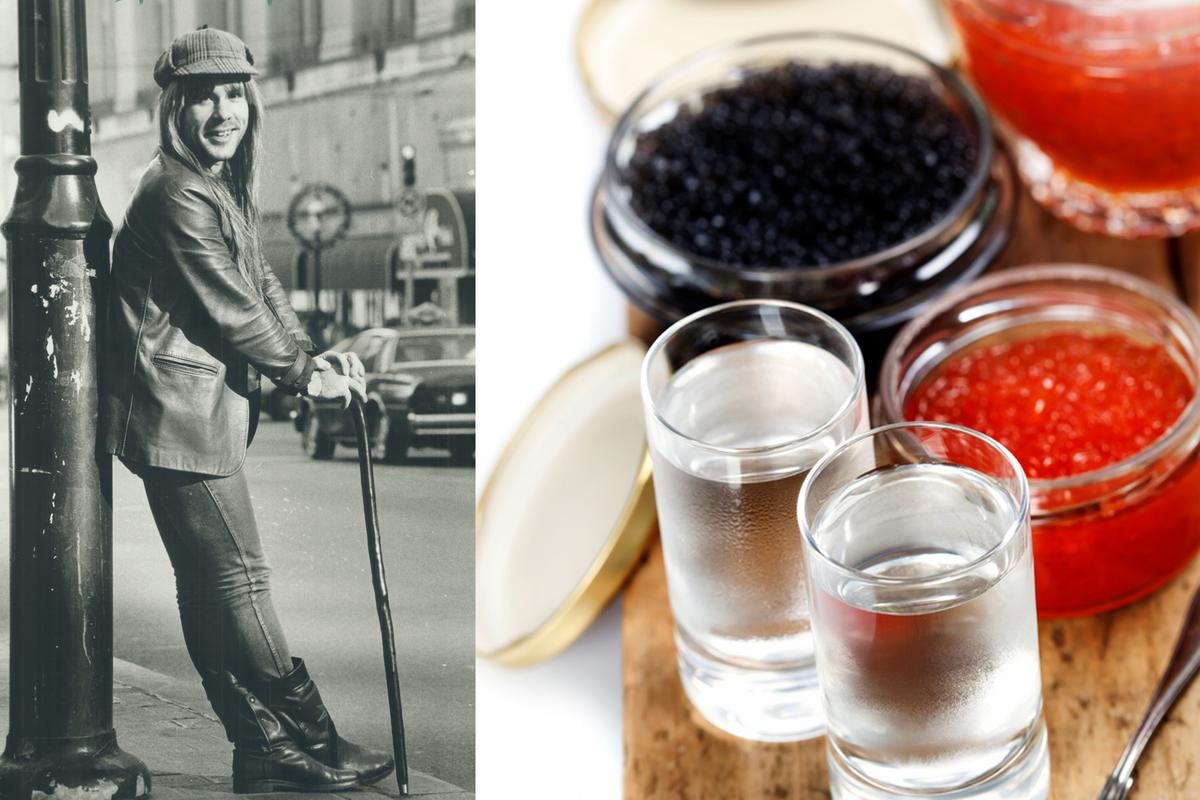The Most Decadent Moment of My Life: Bruce Dickinson’s Soviet Union Tour
As the lead vocalist of Iron Maiden, Bruce Dickinson has had his fair share of wild experiences. However, one moment stands out as the most decadent of his life, and it’s a story that will make you laugh and cringe at the same time.
A Bridge Between East and West
In August 1984, Iron Maiden embarked on a historic tour of the Soviet Union, five years before the Berlin Wall came down. As the first Western band to take a full production show behind the Iron Curtain, the experience was nothing short of surreal. Dickinson reflected on the tour in a recent interview, saying, "We didn’t have to work too hard to build [a] bridge. We just had to build the other half to go and meet them halfway. Afterwards, when they took their destiny into their own hands… that Soviet-era authoritarian thing just crumbled because it had no substance, it had no basis, nobody actually wanted it."
The Challenge of Cross-Cultural Issues
As a Western band performing in a communist country, Iron Maiden faced several cross-cultural challenges. One of the most significant issues was the payment method. They were paid in Polish zloty, a currency with zero value in the West. Bassist Steve Harris joked, "[w]e bought all kinds of stuff – china, porcelain, just to get rid of the money."
Caviar and Vodka: A Decadent Evening
During one evening in a hotel dining room, Dickinson and his bandmates encountered a man with a bin liner full of caviar. They haggled over the price, settling on $50 a tin. However, the singer soon discovered that this was just the beginning of their caviar adventure. The man returned with five kilos of the luxurious delicacy, which the band couldn’t possibly eat.
Dickinson recalled the night with vivid detail: "This is the most decadent thing I think I’ve ever done in my life, eating a tablespoon of caviar and knocking it back with vodka. It could’ve been the scene in Tommy but without the baked beans." He continued, "We probably had about 10 kilos of caviar, which we couldn’t possibly eat. We said, ‘Have you got any more?’ He came back with five kilos – like an oil drum full of caviar. Everyone went mad."
Polish Vodka: A Red-Tinted World
As the night wore on, Dickinson and his bandmates indulged in Polish vodka, which led to a series of events that Dickinson described as "pink." "When we started knocking back the shots of frozen vodka, you discovered that the world took on a whole different meaning, which was largely pink. That was the color that the world was the next morning when you woke up, because your eyeballs were so red," he said.
Iron Maiden’s World Slavery Tour
The Highs and Lows of Iron Maiden’s World Slavery Tour is a fascinating read that delves into the band’s experiences during their 1984-1987 tour. From the highs of performing to packed crowds to the lows of dealing with the challenges of touring behind the Iron Curtain, this article is a must-read for any Iron Maiden fan.
Conclusion
Iron Maiden’s World Slavery Tour was a defining moment in the band’s career, marked by the thrill of performing in the Soviet Union and the decadence of indulging in caviar and vodka. Bruce Dickinson’s reflection on the tour highlights the importance of cultural exchange and the power of music to bring people together.
FAQs
- What was the significance of Iron Maiden’s 1984 tour of the Soviet Union?
The tour marked the first time a Western band took a full production show behind the Iron Curtain, making it a significant moment in the history of rock music. - How was Iron Maiden paid during their Soviet Union tour?
The band was paid in Polish zloty, a currency with zero value in the West, leading to some creative solutions to get rid of the money. - What was the most decadent moment of Bruce Dickinson’s life?
According to Dickinson, it was the night they indulged in caviar and vodka, eating a tablespoon of caviar and knocking it back with vodka. - How did the tour of the Soviet Union affect Iron Maiden?
The tour had a profound impact on the band, marking a significant milestone in their career and paving the way for future rock bands to perform behind the Iron Curtain.






